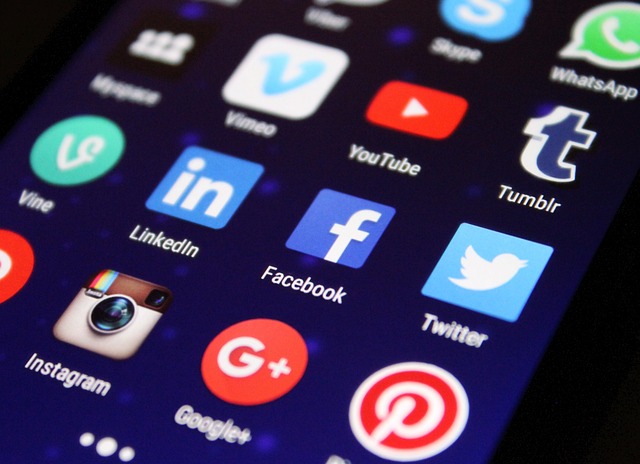In today’s hyper-connected world, social platforms have become an omnipresent force in our daily lives. From Facebook to Instagram, Twitter to TikTok, these digital spaces are designed to keep us engaged, entertained, and infinitely scrolling. But what exactly is it about these platforms that makes them so addictive, and how do they impact our lives?
First and foremost, social media is built on the principle of instant gratification. Each like, comment, or share provides a rush of dopamine—the same chemical linked to pleasure and reward. This biochemical response not only reinforces our desire to post more often but also fosters a compulsive need to check our notifications continually. As a result, we may find ourselves dedicating more time to our screens, often at the expense of real-life interactions and experiences.
The impact of social platforms on our mental health cannot be understated. Studies have shown that excessive use can lead to feelings of anxiety, depression, and isolation. The curated nature of many social media feeds creates unrealistic standards and expectations. This often leaves users in a perpetual state of comparison, measuring their lives against the highlight reels of others. Consequently, the effects of this digital comparison can erode self-esteem and promote feelings of inadequacy.
Moreover, social platforms have profoundly transformed the way we communicate. While they provide a convenient way to stay connected with friends and family, they also distill communication into short bursts of information. This shift towards digital communication often lacks the depth of meaningful face-to-face conversations, which can lead to misunderstandings and a sense of disconnection. In a world that thrives on likes and shares, the essence of genuine human connection may be fading.
It’s crucial to recognize the role of social media in shaping our perceptions, behaviors, and relationships. Many users find themselves caught in a cycle of dependency, where the need for validation and engagement supersedes their overall well-being. As we navigate this digital landscape, it’s essential to reflect on our usage patterns and seek a balanced approach. Setting boundaries, such as designated phone-free times or limiting notifications, can help mitigate the negative impacts on our lives.
As we strive for a healthier relationship with social platforms, we must consider how to reclaim our time and attention. Engaging in offline activities, fostering real-life connections, and prioritizing self-care can provide a necessary counterbalance to the allure of social media. By understanding its impact, we can make more informed choices about how we engage with these platforms, ultimately leading to a more fulfilling life that transcends the screen.



